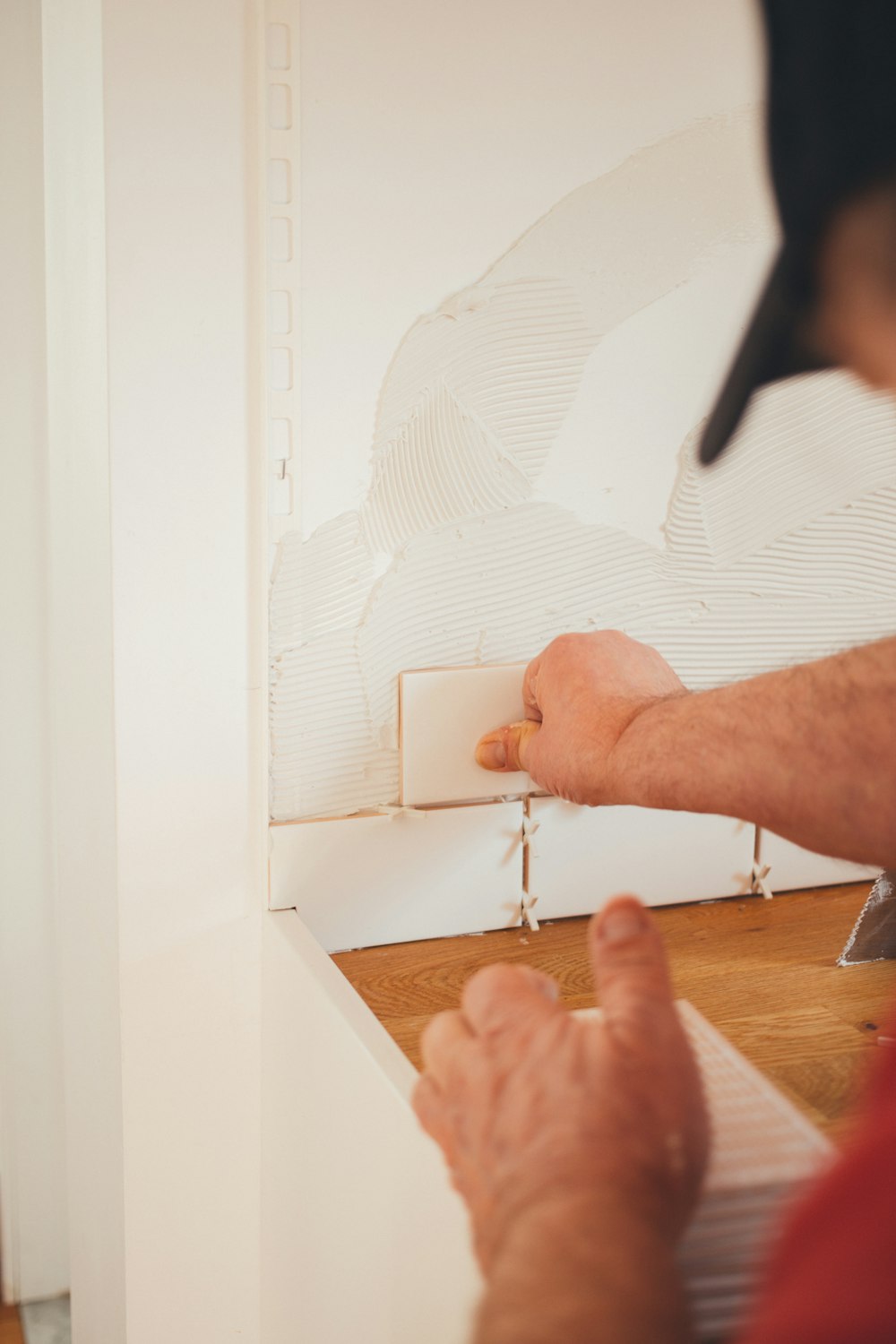Many homeowners will turn to DIY when it comes to repairs and home improvements. This can be a great way to save money, and many find DIY projects fun, creative, and rewarding. There are many projects around the home that people can complete, and the internet is a great resource for guides and information, but a lot can go wrong with DIY. This article will examine some of the main lessons homeowners can learn from DIY projects that have gone wrong. Hopefully, this will prevent you from making the same mistakes and allow you to confidently complete DIY projects around the home.
Proper Planning Is Key
First, you should never start a DIY project without a detailed plan in place. Proper planning will help you to stay organized, reduce stress, and work out the best sequence of work for the project. Planning should involve research on how to complete the project, working out your budget, creating a timeline, and gathering all the required tools and materials.

Obtain Materials From Quality Suppliers
You must always make sure that you are getting your supplies from quality and trusted suppliers. Ultimately, the success of your project will depend on the suppliers that you use, so you should research your options and choose reputable companies. For example, if you are buying aluminum bi-folding doors, you will want to use companies like Now Aluminium, specialists like this provide products of the highest standard. Aluminum bi-folding doors can be a fantastic home improvement project as they can open up your space and maximize natural light, but you need to make sure that the doors perform to a high standard in order to get the most out of them.
Know Your Limits
One of the most common mistakes that people make with DIY is not knowing their limitations. Many projects can be completed around the house, and the internet makes it a lot easier as you can find instructional videos and guides. It is important to be aware of your skills and knowledge limitations; otherwise, you could bite off more than you can chew. Not only will this make it hard to complete the project to a high standard, but it could also cause damage to the home and put your safety at risk. Know when to call the professionals in, and do not start work you do not feel confident doing.
Consider Risks Involved
Following this, you should also always consider the risks involved with each project. DIY projects can be dangerous, so you must ensure safety is a priority. You need to identify the potential dangers and risks with every task and then find ways to mitigate these. You should always wear appropriate PPE, use tools in the correct manner, and have a first-aid kit nearby. Having someone around for supervision when carrying out dangerous work is also always a good idea.
These are important lessons that everyone should learn about DIY from some of the most common mistakes. This post should help you to find success with your projects and feel confident in completing each task.

Amazon store front — shop for the home — As an Amazon Associate, I earn from qualifying purchases






